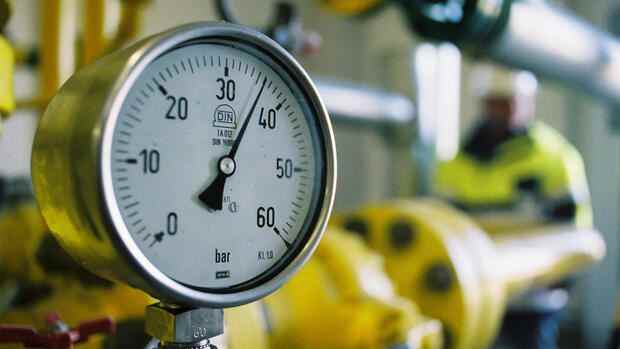The company operates a network with a length of 4400 kilometers.
(Photo: Thyssengas)
Frankfurt Macquarie is buying the German gas pipeline operator Thyssengas, as the Australian infrastructure investor announced on Friday. Thyssengas, which is primarily focused on North Rhine-Westphalia, is valued at around one billion euros, as people familiar with the matter said. Buyers and sellers did not want to comment on the price.
The deal is one of several pipeline deals that have already been completed or are about to be made. Interest in infrastructure investments has risen sharply recently, as gas and electricity networks yield significantly higher returns than can be achieved with other asset classes in the low interest rate environment.
Thyssengas was put up for sale in the summer by its owners, the Dutch infrastructure fund DIF and the investment arm of the French energy supplier EDF. Macquarie prevailed against the Bavarian Insurance Chamber and a consortium made up of the energy companies Fluxys, Snam and Enagas, who had qualified for the final bidding round.
After the Thyssengas deal and the completed long-distance gas sale, further pipeline transactions are in preparation. According to some circles, Macquarie is about to start selling its stake in Open Grid Europe. The former Eon subsidiary could be valued at more than 6 billion euros. In addition, the energy supplier Uniper is examining options for its stake in the Opal gas pipeline, which could achieve a valuation of around 1.5 billion.
Top jobs of the day
Find the best jobs now and
be notified by email.
Thyssengas, founded 100 years ago, passed into the ownership of the energy supplier RWE in 1997 and to Macquarie in 2011. In 2016, the company was passed on to DIF and EDF for 700 million euros. Thyssengas transports around six billion cubic meters of gas per year – enough to heat 25 million single-family homes – in a 4,400-kilometer underground pipeline network. It is involved in the German virtual gas trading hub NCG and has connections to Norwegian and Dutch gas production. Thyssengas has a total of 390 employees.
Hydrogen projects make Thyssengas interesting
If the fossil fuel natural gas has been transported up to now, gas networks are gaining in importance in the course of the energy transition. Projects to generate hydrogen using renewable energy sources are in the works and this fuel could then be transported to customers by pipeline.
Thyssengas is already active in numerous projects on the subject of hydrogen. This makes gas network operators interesting for investors who otherwise shy away from investing money in coal, oil and gas. The costs of transporting gas through pipelines are covered by fees that are added to the gas prices for end customers.
More: German gas storage facilities fuller than feared – Putin’s delivery promise does not ease the energy crisis

